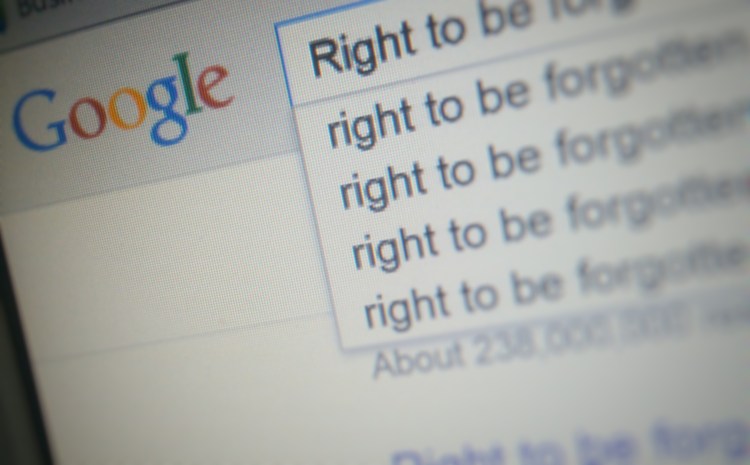Google has updated a list of the top ten domains that have been most impacted by Europe’s “right to be forgotten” ruling.
The May, 2014 directive from the European Union Court of Justice allows E.U. citizens to request that certain web pages containing sensitive or “irrelevant” information be delisted. The information remains on the Web, it just means that if Google and other search engines process a request, the prescribed search terms will be hidden in search results.
Perhaps surprisingly, Facebook posts have proven the most popular right-to-be-forgotten requests made to Google, with 10,180 URLs delisted since the program’s inception last year. It seems many people don’t know that you can actually hide all your Facebook posts from search engines by visiting the “Privacy” section of your Facebook profile and hitting and unchecking “Let other search engines link to your timeline.”
The next most popular domain request is Profile Engine, which is a Facebook crawler that had a search deal in place with Facebook between 2007 and 2010. Google has removed 7,971 URLs from Profile Engine to date.
Making up the remaining top ten are Google Groups (6,762), YouTube (5,310), Badoo (4,425), Google Plus (4,125), annuaire.118712.fr (3,909), Twitter (3,863), Wherevent (3,458), and 192.com (307).
However, the top ten domains only account for 9 percent of the total number of URLs removed by Google. The search giant says that it has evaluated a total of 1,230,787 URLs from 347,533 requests (some requests will have covered more than one URL). But it has only actually removed 42 percent of the URLs requested, which amounts to 439,853.
As things stand, the right-to-be-forgotten ruling only impacts search results on European Union (E.U.) search engines — so Google.fr, Google.co.uk, Google.de, and so on. But back in July, Google received an order from French privacy watchdog Commission nationale de l’informatique et des libertés (CNIL), requesting that removal requests be applied to global versions of its search engine — such as Google.com and Google.ca.
Google has so far rejected this request, however. “This is a troubling development that risks serious chilling effects on the web,” said Peter Fleischer, global privacy counsel at Google, at the time. “While the right to be forgotten may now be the law in Europe, it is not the law globally,” he continued.
The CNIL has threatened Google with sanctions if it fails to comply, though it isn’t yet clear what that sanction will be.
VentureBeat's mission is to be a digital town square for technical decision-makers to gain knowledge about transformative enterprise technology and transact. Learn More

